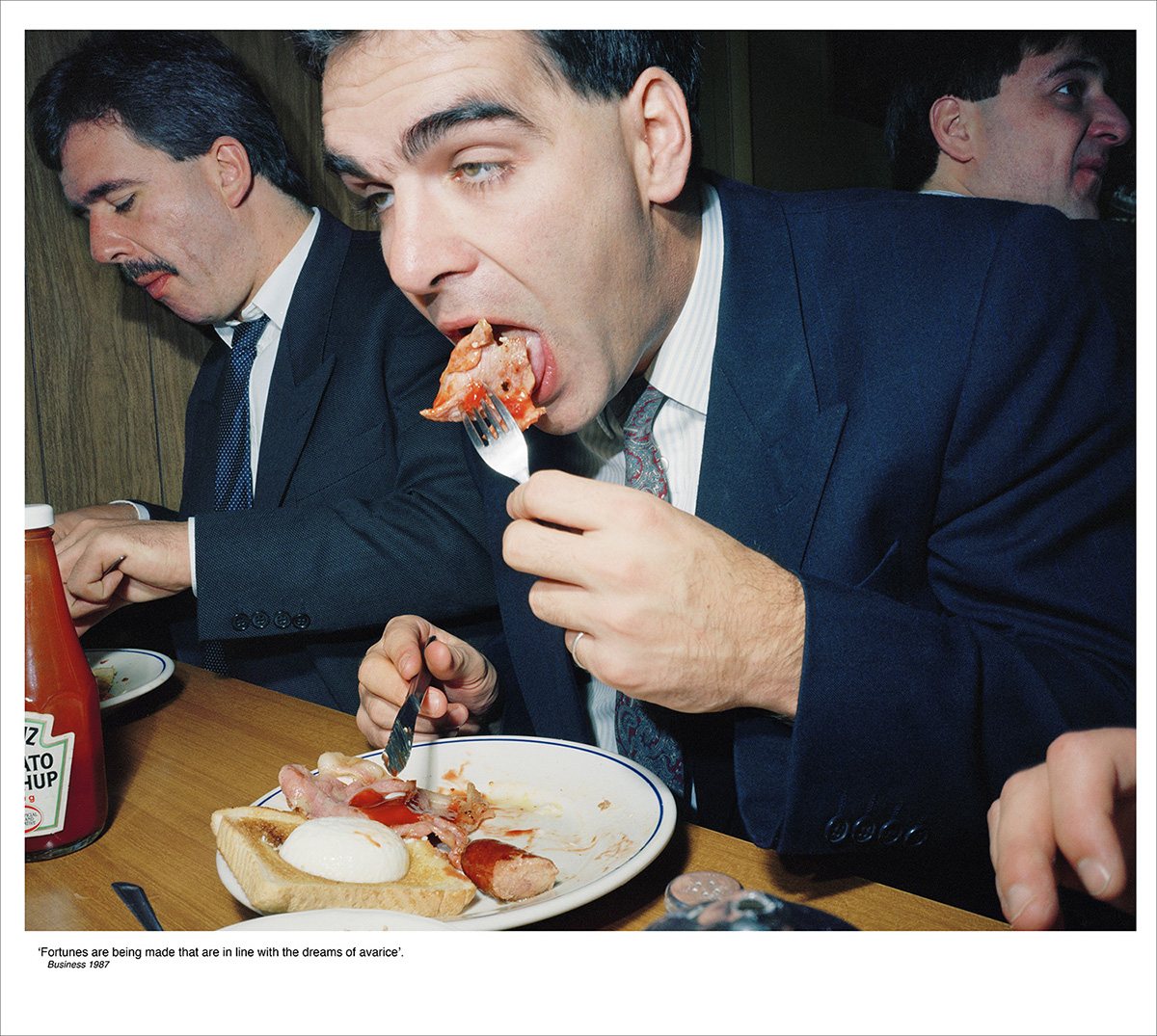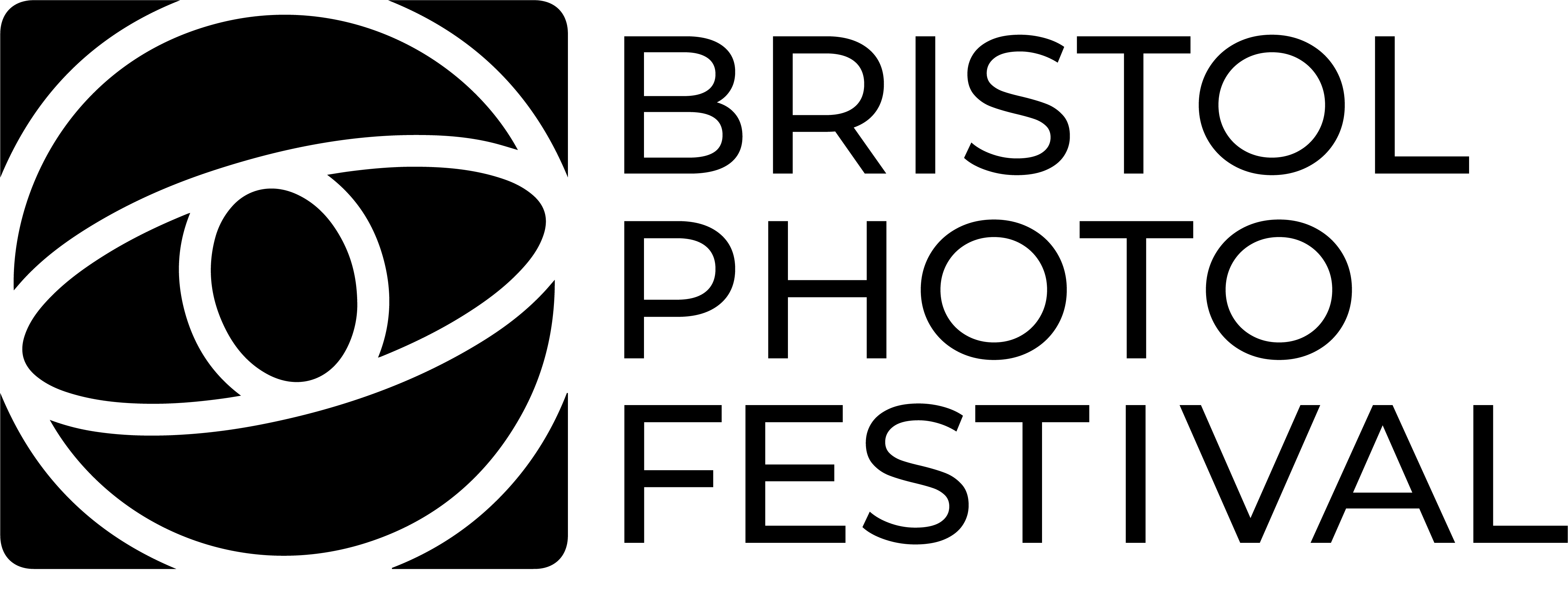
Facing Britain: British Documentary Photography since the 1960s
Heroines Anna Fox, Dr Yan Wang Preston, Markéta Luskačová and Tish Murtha feature in an exhibition touring Europe...
Markéta Luskačová (b. 1944) is a Czech photographer. While studying at Charles University, Slovakia, she became familiar with old Christian rites and, following her graduation with a degree in Sociology of Culture (1967), she decided to return to document the surviving traditions.
Following that she studied photography at Prague FAMU and began working as a freelance photographer, before moving to the UK in 1975. Her photographs specifically document life in remote Slovakian villages and London’s East End markets.
In the Czech language, the verb ‘to photograph’ means ‘to immortalise’. This concept of not only ‘preservation’ but ‘celebration’ is a recurring theme in Markéta’s work. For instance, Seaside, North East England (1978 – 1980), a series of photographs featuring people during their days out on the beaches of North Shields, South Shields, Redcar and Whitley Bay, shows that even against the backdrop of the unforgiving weather and hardship that surrounds her subjects, Markéta manages to capture their enduring spirit.
An elderly gentleman sits in a deck chair, trousers hitched around his thighs, toes wiggling in the sand; a girl stands triumphantly in solitude, arms wide, as she flies her kite above the backdrop of the distant town.
The theme of immortalisation is continued in Markéta’s series London Street Musicians and Photographs from Spitalfields, both captured during the 1970s. The consistent monochrome emphasises the history of these photographs, as well as – for many viewers – their nostalgic qualities; the black-and-white aesthetic accentuates the textures of the landscape and emotions of the people, strengthening empathy between viewer and subject. While a photograph may give the illusion of immortality, to interact with it and be affected by it is to accept the passing of time. Markéta, rather than simply attempting to document the past, commemorates the lives of those who lived in a humorous, light-hearted manner. Although her photography was banned by communist censorship in Czechoslovakia during the 70s and 80s, it continues to endure, enabling the stories of others to be shared and connections to be formed around the world.
By Sara Riley

Heroines Anna Fox, Dr Yan Wang Preston, Markéta Luskačová and Tish Murtha feature in an exhibition touring Europe...

Check out which Heroines are participating in this years Bristol Photo Festival, from group shows to symposiums...